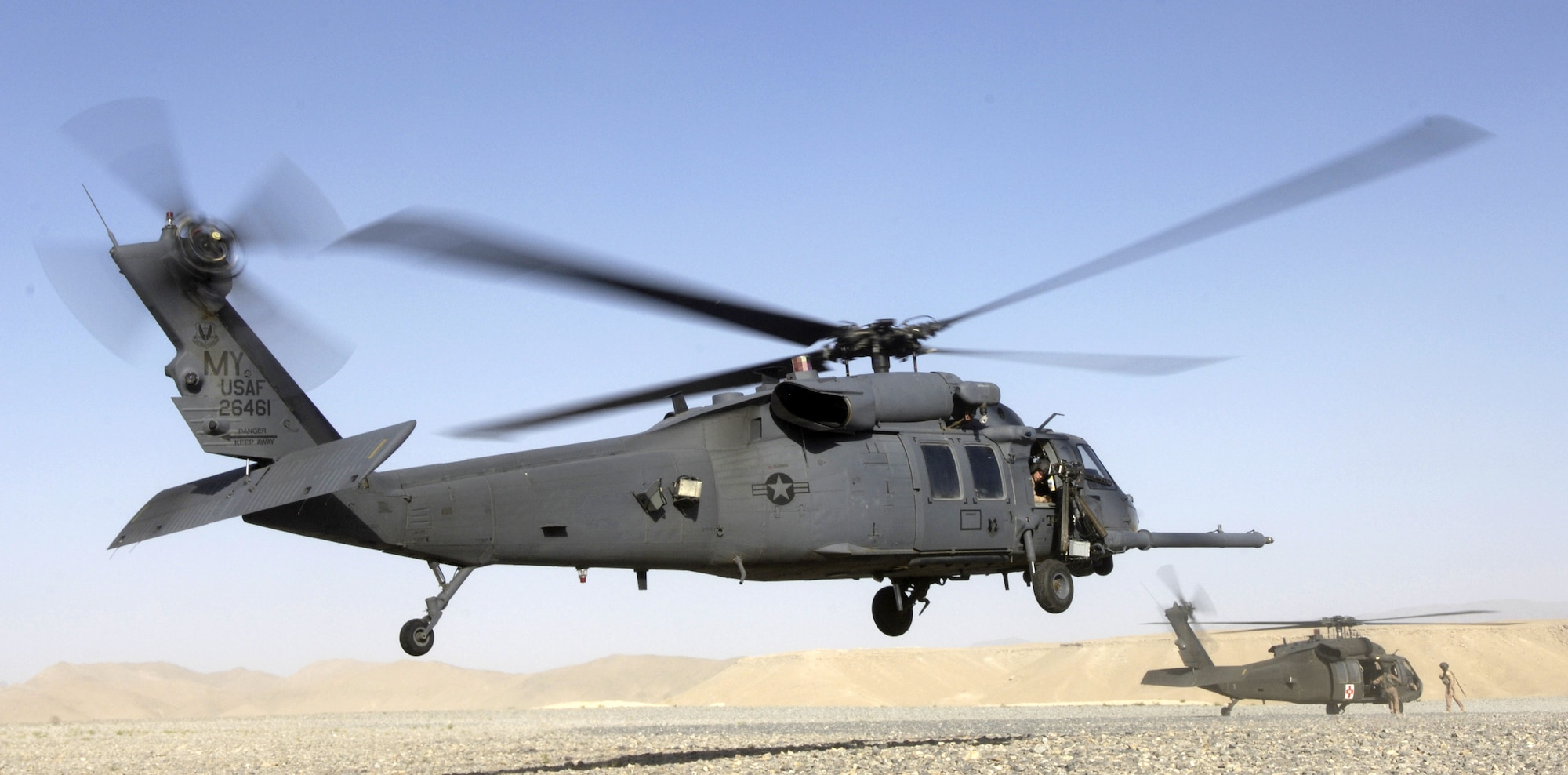Maintenance and Upkeep for UH 60 Helicopters
Wiki Article
The Impact of Lasting Practices on the Future of Airplane Procedures and Emissions Decrease
As the air travel sector deals with boosting scrutiny over its ecological influence, the adoption of sustainable methods arises as a vital path toward future airplane procedures and emissions reduction. Advancements in lasting aviation fuels and innovations in hybrid propulsion modern technologies stand at the leading edge of this improvement, encouraging significant reductions in greenhouse gas exhausts.
Review of Lasting Practices
Lasting practices in airplane procedures incorporate a series of methods intended at minimizing environmental impact while maintaining operational efficiency. These practices are vital in the aviation sector's dedication to lessening its carbon impact and sticking to international ecological standards. Key initiatives include optimizing flight courses to reduce gas intake, boosting upkeep procedures to ensure aircraft operate at peak performance, and applying advanced technologies such as winglets and light-weight materials that improve the rules of aerodynamics.
Training and involving staff on sustainability methods likewise play a vital function, cultivating a society of environmental obligation within companies. On the whole, the integration of these sustainable techniques not only assists lower emissions but likewise boosts the long-term practicality of the air travel field, guaranteeing it meets the demands of both clients and regulative bodies while adding to global sustainability goals.
Cutting-edge Gas Alternatives
Countless innovative gas alternatives are emerging as crucial remedies to decrease the air travel market's reliance on standard fossil gas. Among these alternatives, Sustainable Air travel Fuels (SAFs) have obtained significant attention due to their potential to decrease lifecycle greenhouse gas emissions by approximately 80% compared to traditional jet fuels. SAFs are originated from various feedstocks, including waste oils, agricultural residues, and even algae, making them a versatile option for the sector.One more appealing option is hydrogen gas, which, when used in gas cells, produces just water vapor as a result. Additionally, electrical propulsion systems are being checked out, leveraging battery innovation to power aircraft.
Lastly, biofuels originated from biomass are being checked out, providing a renewable alternative that can be combined with typical fuels. Collectively, these ingenious fuel choices represent a critical step toward attaining a sustainable aviation community, straightening with international discharges decrease targets and improving the market's ecological stewardship.
Technological Innovations in Aeronautics

Exactly how can technical improvements reshape the future of air travel? The assimilation of innovative innovations is critical in transforming aircraft operations, improving effectiveness, and reducing discharges. Advancements such as electrical and hybrid propulsion systems are at the forefront, encouraging significant decreases in fuel consumption and greenhouse gas exhausts. These systems take advantage of innovations in battery innovation and energy monitoring, enabling aircraft to operate with a reduced environmental footprint.
Moreover, the implementation of advanced products, such as light-weight composites, contributes to boosted aerodynamics and gas effectiveness. Using synthetic knowledge and artificial intelligence in trip procedures optimizes route planning and minimizes gas shed by allowing real-time modifications based upon weather and website traffic conditions. Additionally, the growth of self-governing and remotely piloted airplane systems stands to change freight and passenger transport, possibly raising efficiency while minimizing human error.
Furthermore, lasting air travel technologies, including innovative air web traffic administration systems, can minimize and enhance operations congestion, bring about lower emissions throughout trip. These improvements jointly represent a paradigm change in air travel, assuring a future where sustainability and operational efficiency are linked, therefore supporting the market's dedication to reducing its environmental influence.

Regulatory Framework and Compliance
Because of the growing emphasis on environmental stewardship within the air travel sector, the governing framework controling airplane procedures is evolving to advertise sustainable methods. Regulative bodies, such as the International Civil Air Travel Company (ICAO) and different national aviation authorities, are presenting rigorous standards aimed at lowering emissions and enhancing functional effectiveness.These guidelines usually consist of the fostering of Lasting Air travel Fuel (SAF), which has been recognized as a key element in attaining reduced carbon footprints. Additionally, compliance with these regulations needs airline companies to implement operational practices and sophisticated innovations, such as optimized trip paths and enhanced air website traffic management, to minimize gas usage.
In addition, the enforcement of discharges trading plans and carbon balancing out campaigns is ending up being increasingly common, compelling airline companies Your Domain Name to check and report their exhausts accurately. Non-compliance can lead to significant charges, hence pushing drivers to prioritize sustainability in their organization designs.
Eventually, the developing regulative landscape not just drives development and financial investment in green modern technologies but likewise fosters a society of liability within the air travel market. As these frameworks continue to establish, the emphasis on lasting methods will be essential to attaining the market's long-lasting environmental goals.
Future Fads in Aircraft Operations
As the air travel industry adapts to a significantly stringent regulatory article setting, future trends in aircraft procedures are readied to focus on ingenious options that further improve sustainability and performance - uh 60. Trick growths will likely consist of the fostering of advanced air website traffic management systems, which utilize real-time data and man-made knowledge to maximize flight courses, decreasing gas intake and dischargesAnother considerable trend is the enhanced combination of lasting aeronautics fuels (SAFs) These options to standard jet gas, stemmed from eco-friendly resources, can dramatically decrease lifecycle greenhouse gas emissions. The market's commitment to SAFs will likely speed up as airlines collaborate with fuel producers to make certain schedule and cost-effectiveness.
In addition, the press in the direction of electrification and crossbreed propulsion systems is getting energy. Arising airplane styles will integrate these innovations, providing quieter and a lot more reliable procedures, particularly for short-haul flights.
Conclusion
The adoption of lasting aviation gas, combined with advancements in electric and hybrid propulsion systems, is important for decreasing lifecycle greenhouse gas discharges. Maximizing flight paths and accepting innovative innovations contribute to a quieter and much more environmentally pleasant air travel sector.
Innovations in lasting aeronautics gas and developments in crossbreed propulsion technologies stand at the leading edge of this improvement, appealing considerable reductions in greenhouse gas exhausts.Various innovative gas choices are arising as crucial solutions to reduce the aeronautics market's reliance on traditional fossil gas - uh 60. Among these choices, Lasting Air travel Fuels (SAFs) have actually gotten substantial focus due to their potential to lower lifecycle greenhouse gas exhausts by up to 80% compared to conventional jet fuels.An additional significant trend is the raised combination of lasting aviation gas (SAFs) The adoption of lasting air travel gas, combined with developments in hybrid and electric propulsion systems, is crucial for here are the findings lessening lifecycle greenhouse gas emissions
Report this wiki page